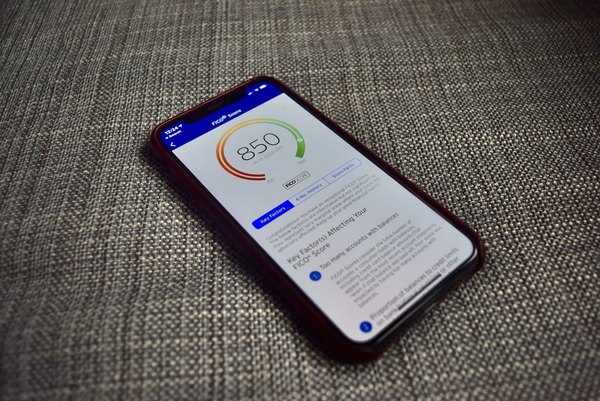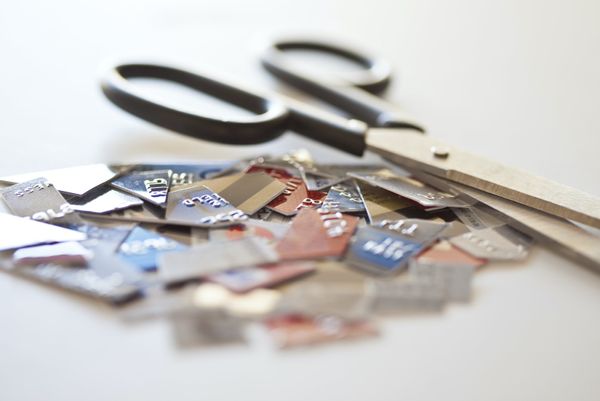Credit unions offer a great way to save money on interest and make more money on your deposits.
Credit unions work like a bank, except they are non-profit. The members of the credit union own it. Because they are non-profit, you’ll typically find lower loan APRs and higher savings APYs. Credit unions often have more flexible underwriting requirements, too, making it easier to qualify for a loan.
What do Credit Unions Offer?
Credit unions have similar products as banks. You’ll find deposit accounts, personal loans, mortgages, lines of credit, and auto loans. The main difference with credit unions is the names given to their deposit accounts. Checking accounts are share draft accounts, and savings accounts are share accounts.
Like banks, money deposited there is insured, but not by the FDIC – the National Credit Union Share Insurance Fund insures it. Your deposits are insured up to $250,000, just like at a bank, though.
How do you Belong to a Credit Union?
Unlike a bank, not just anyone can join a credit union. You have to meet the criteria they require. Credit unions have what they call a ‘defined field of membership.’ In other words, you must belong to a specific group to join. Most credit unions are for employees of a specific company or union, but some broader credit unions serve specific cities or counties.
How are Credit Unions Different From Banks?
While banks and credit unions offer similar services, they have one distinct difference – the reason they are in business. Banks are in business to make a profit. It’s evident in their higher interest rates on loans and lower interest rates paid on deposit accounts. Credit unions use any ‘profits’ to help members of the credit union by keeping things affordable for members.
Banks, on the other hand, keep their profits. They charge higher rates and fees to make their profits even higher. The only members they give profits back to are board members or stockholders.
How to Find a Credit Union
There are a few ways to find a credit union:
- Ask around. Talk to the people with whom you spend most of your time at work and in your social circles. If anyone belongs to a credit union, there’s a chance that you’ll qualify too. For example, if there’s a credit union at your place of employment or for your overall industry – you may find one through a co-worker.
- Check the National Credit Union Administration website. The NCUA offers a credit union locator that you can search by location, giving you access to the credit unions near you.
If you’re eligible to join a credit union, take advantage of the benefits. You’ll earn more money on your deposits and pay less money in interest on your loans. Credit unions often have niche products that help you get qualified even if you have unique circumstances too. The key is to find the credit union that you meet the eligibility requirements to join.







